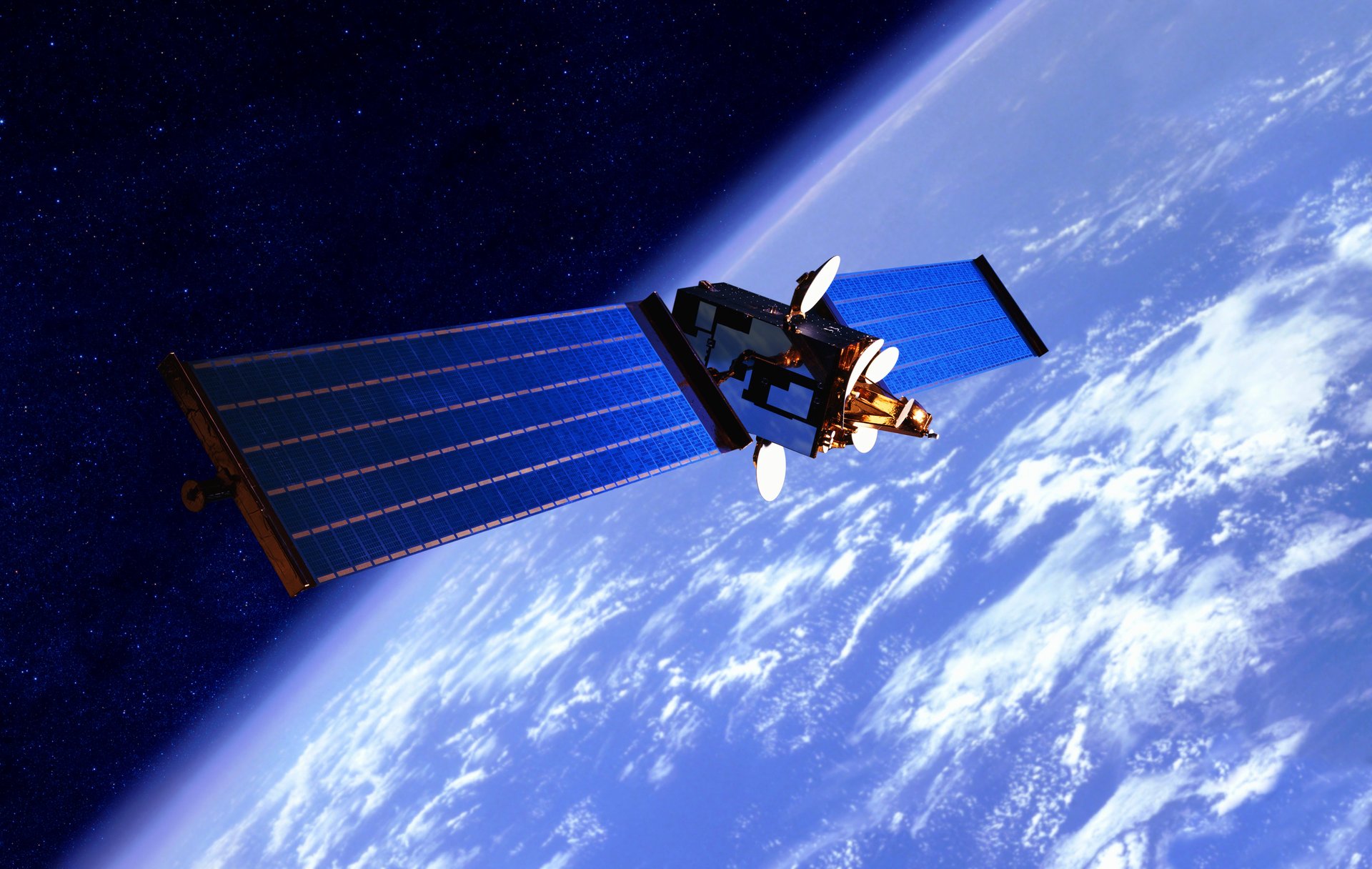Who's in the US Space Force's newest tech accelerator?
The three-month program focused on detecting space threats has kicked off with its first of four cohorts.

The US Space Force is looking to speed up its ability to monitor the space domain—or how it can detect and understand activity, along with potential threats, in space. Now its new technology accelerator (pdf) dedicated to the project is underway.
Suggested Reading
The Space Force’s Space Systems Command (SSC) has selected several startups and universities for its space domain awareness accelerator program, which kicked off on Oct. 28 and will last three months. The current participants, numbering 200, are the first of up to four cohorts that will run through the accelerator.
Related Content
The SSC is Space Force’s battle arm, responsible for “acquiring and delivering resilient war fighting capabilities” to protect the US’ “strategic advantage in and from space.” It has a $15 billion space acquisition budget from the Department of Defense. And it has a vested interest in monitoring objects and events in orbit, along with how to respond to them.
“We are here to enable space superiority missions by avoiding operational surprise, denying the first mover advantage, and aiding responsible counterspace campaigns by collaborating across industry and government, providing expert mentorship, interacting with operators, and make measurable advances in space defense,” said Major Sean Allen , who oversees the accelerator, in a SSC statement.
Participants will have have exposure to data at “all classification levels” in the industry, along with the possibility of government-funded follow-on contracts with the Space Force and other agencies after their work in the accelerator wraps.
Alongside academic participants from the Yale Undergraduate Aerospace Association, the University of Colorado Boulder, and the University of Colorado Colorado Springs, a number of new and nimble startups are in the mix. The smaller companies add a diversity of talent in a field otherwise dominated by giants like SpaceX, Lockheed Martin, and Boeing. Here’s who’s kicking around in the sandbox.
Startups in the new space accelerator
True Anomaly
Co-founded by former US Air Force officers, the tech company builds artificial intelligence that helps make critical decisions in the space domain. Its “SDA Kit” detects, gathers, and assesses data for machine learning to improve on AI-based forecasting in space. It currently holds a $17 million SSC contract.
Katalyst Space Technologies
A satellite servicing company that upgrades satellites in space. The company expects to launch its first demonstration mission in June 2024.
HEO
An Australian satellite imagery company that uses space-based sensors to inspect and image objects in orbit. It’s received $8 million in Series A funding.
DigitalArsenal.io
A startup that develops satellite imagery and orbit tracking software. It also maintains a web-based library, OrbPro, which currently tracks 100,000 space objects and assesses them.
InTrack Radar Technologies
US Air Force veterans founded this tech company to build radars for missile warnings and defense, deep space surveillance, and electronic protection against hackers.
